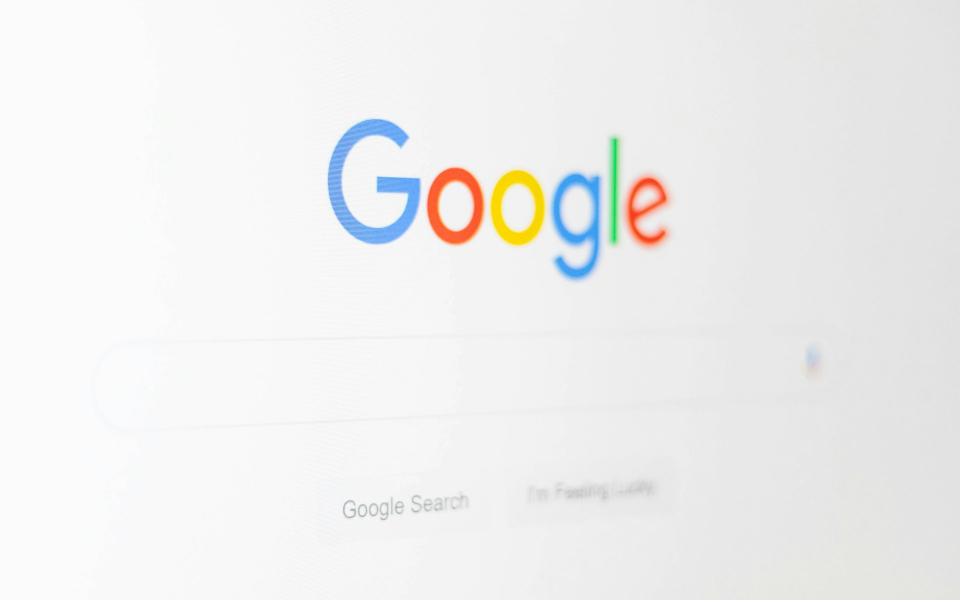Alphabet Inc.'s
What Happened: Google's Gemini 1.5 Pro is the latest version of its large-language model.
This advanced model can process significantly more data than its predecessor, Gemini 1.0 Pro. It can ingest approximately 700,000 words or 30,000 lines of code, which is 35 times more than what Gemini 1.0 Pro could handle.
The model is not just limited to text; it can also process up to 11 hours of audio or an hour of video in various languages. This is enabled thanks to Gemini 1.5 Pro's support for up to 1 million tokens, and Google says it has successfully tested up to 10 million tokens as well.
Essentially, if Google rolls out 10 million token support somewhere down the line, users will be able to upload books with up to 7 million words, 300,000 lines of code, 110 hours of audio, or 10 hours of video.
However, the version of Gemini 1.5 Pro available to most developers and customers can only process around 100,000 words at once.
Google has labeled the high-data-input Gemini 1.5 Pro "experimental," allowing only approved developers to pilot it via the company's GenAI dev tool AI Studio.
Despite the limitations, Oriol Vinyals, VP of research at Google DeepMind, praised the achievement, stating, "We've unlocked long context in a pretty massive way."
This refers to the model's ability to consider more input data before generating output, leading to more contextually rich responses.
Google plans to introduce pricing tiers for Gemini 1.5 Pro in the near future, starting at the standard 128,000 context window and scaling up to 1 million tokens.
Why It Matters: Google's Gemini 1.5 Pro is the latest in a series of AI advancements from the tech giant.
Earlier this month, Google rebranded its AI chatbot Bard as Gemini, consolidating its AI efforts under a single brand name.
This move followed Google's announcement of Gemini in December, its biggest salvo yet against OpenAI's ChatGPT. However, the company faced criticism when a report suggested that its Gemini video demonstration may have been staged.










